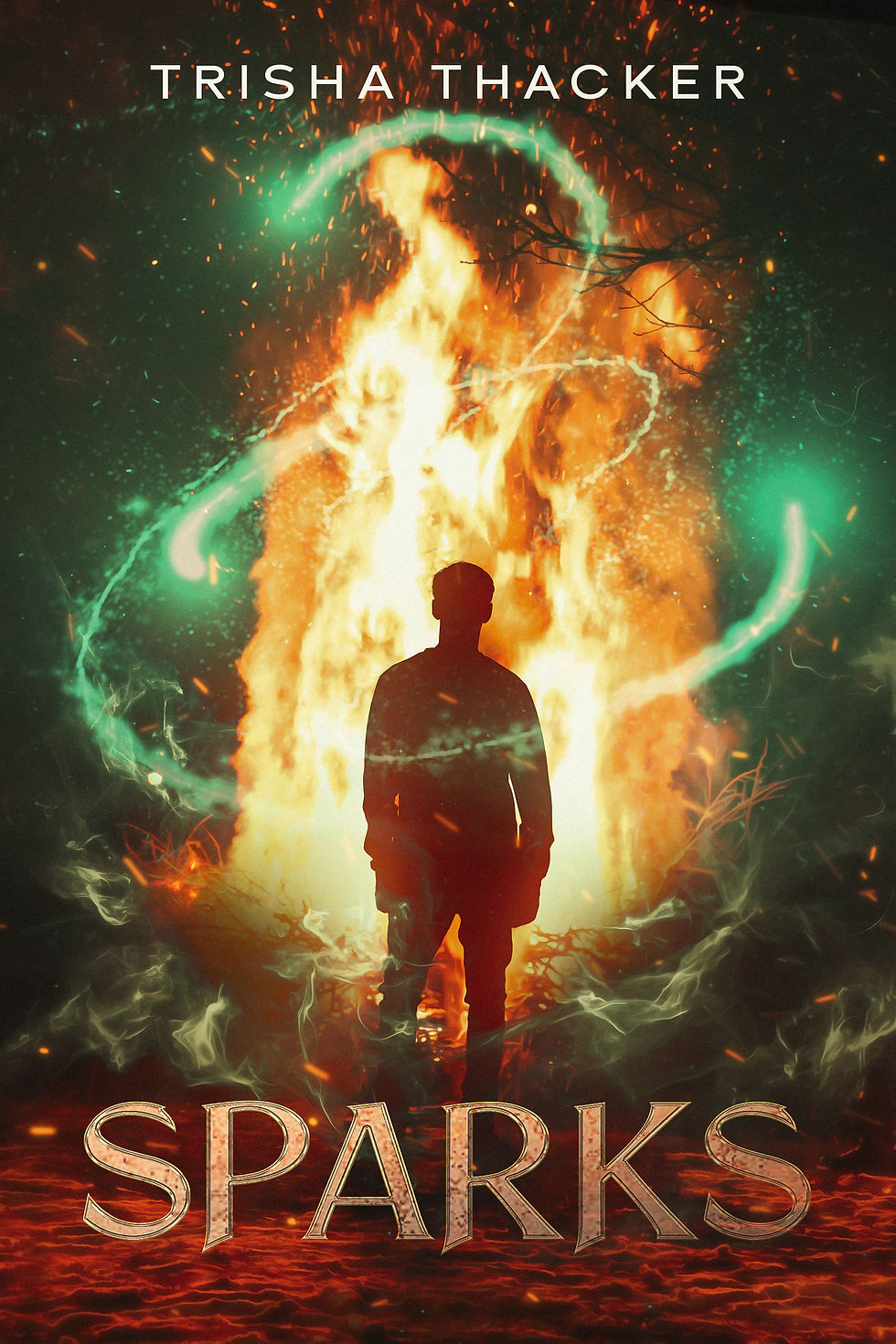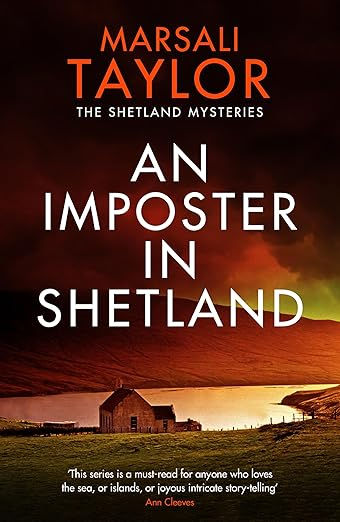Jillian’s Island by Kimberly Webb
- authorvalpenny
- Aug 9, 2025
- 5 min read
I am pleased to introduce Kimberley Webb to the blog today. She has agreed to share an excerpt from her new novel, Jillian's Island. I hope you will enjoy it, and the book itself as much as I did.
The Blurb
Stranded in paradise. Seven strangers. One unforgettable adventure.
Jillian knows how to keep her cool. She’s spent years smoothing over chaos as a yacht stewardess, but nothing could prepare her for the real storm: when her grandfather’s yacht is shipwrecked on a remote Bahamian island.
With Grandpa Skippy and five other castaways stranded alongside her, Jillian must navigate more than just survival. Mysterious ruins, unexpected dangers, and the island’s secrets test their limits. And then there’s Dr. Carter Buckley, a marine biology professor who’s far too distracting for this deserted-island scenario.
As friendships form and romance stirs under swaying palms, Jillian realizes getting off the island might not be the only adventure fate has in store.
For fans of clean romance, charming banter, and unexpected detours into paradise, Jillian’s Island is your next feel-good escape.
Jillian's Island, is an island survivor story of an unlikely cast of castaways, surprise romance, and plenty of laughter. This feel-good fiction will make readers smile, melt, and rediscover their faith in love. If you're into strong female leads, happy endings, and romance with a sunny side, this is the next book for you!

Excerpt
I heard the roaring first, even before I was fully awake.
Whoosh. Pause. Swish. Pause. Ruuush. Pause. Swoooosh.
I was drenched, and my salty hair stuck to my cheeks and lips. My lips were dry, even with my face pressed against the wet sand.
Then came the ache. It was a whole-body thing: pain wringing through me from my toes all the way up to my chin. And then those aching muscles remembered the great fatigue they’d earned by swimming and treading water and clinging and desperation.
I remembered fighting for my life in the waves. I did not remember losing consciousness. And I had no idea what sand I was lying on.
With a great deal of effort, I opened my eyes and, with agonizing movements, lifted my head off the beach.
The day was overcast and gloomy, with dark, murderous clouds menacing on the horizon. The wind was stiff, making the seawater mist over me. I shivered and pushed myself up to my knees. It wasn’t raining anymore, but the sand was pockmarked by the raindrops of a torrential gale. Seaweed, leaves, branches, and shells littered the shoreline. My gaze moved landward, where the dishevelled sand met a line of tropical trees and foliage, less than twenty yards away. I saw no buildings, no pathways, no roads, and no people.
Bile rose in my and my attempt to swallow it back was met with protests from my esophagus: my mouth was full of seawater. The saltwater already in my stomach somersaulted viciously, and I had no option but to bend over double and let it all pour from me in a noxious, cough-inducing stream. I spent the next few miserable minutes coughing up more water than was ever in the ocean to begin with, before finally sitting back on my heels and staring up at the dreary sky. I was bone-tired, my throat rasped with every breath, and worst of all, I had no idea where I was.
Fell overboard. Washed away somewhere in the Caribbean Sea. Emerged nearly drowned on an unknown beach. This situation had the makings of a made-for-TV movie.
It was a long time before I found enough energy to drag myself up, and even then I had to put my hands down on the sand more than once to regain equilibrium. Finally, with annoyed desperation, I pushed myself to my feet, staggered only once, then turned and faced my reality.
Facts:
1. I needed fresh water and, eventually, something to eat. My throat burned from puking as well as dehydration.
2. I wasn’t on Mars, so I had to be somewhere. Just because I didn’t see any buildings immediately didn’t mean this was a deserted island. This wasn’t the 1800s—there were people everywhere on this planet. I just had to find one.
3.Carter and the crew must have realized that I had fallen overboard, and I couldn’t imagine them not looking for me.
4. I needed to stay calm.
Still, it was with my heart hammering in my throat that I set off walking down the beach. Surely there were clues to be found—something that would help me figure out what to do.
I walked slowly, scanning the horizon as well as the tree line as I went. As far as I could tell, I walked north, toward a large rockface that jutted out into the ocean. I thought maybe I could climb to the top of the rocks and look for help. There hadn’t appeared to be anything of interest to the south of my position, and that was the best plan I could come up with. The distance was deceptive, however, and after trudging along for what felt like hours—but was likely about twenty minutes—it seemed I was no closer to the rocks than I had been before.
Feeling defeated, I stopped to catch my breath, my hands on my knees as I panted like an ill-trained marathon runner.
With a growl at my own fatigue, I straightened again and took three more halting steps through the sand before I, once again, stopped cold. This time, though, it was the sight of what lay on the shore that stopped me. It was a large, white-painted piece of thick metal that was jagged around the edges and crumpled so badly that every surface looked dangerous to touch. It was the size of a dining table but crushed into itself. My breath stole from my throat as my feet moved me forward toward the torn metal—I recognized that paint color and the former texture of that hull. This was a piece of The Flying Honeymoon.
My blood chilled in my veins, and my tongue went numb. This was no inconsequential scrap on the shore. This was evidence of a shipwreck. My shipwreck.
Suddenly, I turned toward the sea, scanning for more signs of the ship. I didn’t see anything right away, but after a few minutes, I spotted something yellow bobbing in the water about a hundred yards from shore. A lifeboat!

The Author
Kimberly Webb has loved books and writing stories since she was 14, falling in love again and again with fictional heroes. She earned an English degree from BYU-Idaho, but her true education came from the countless books that swept her away on grand adventures.
When she’s not writing, Kimberly can be found jogging, getting lost in a good book, or chasing a bit of everyday magic with her husband and three children. She still believes in the wonder of Disneyland, the thrill of a well-told tale, and the idea that the best adventures often begin with a single, unexpected detour.







Comments